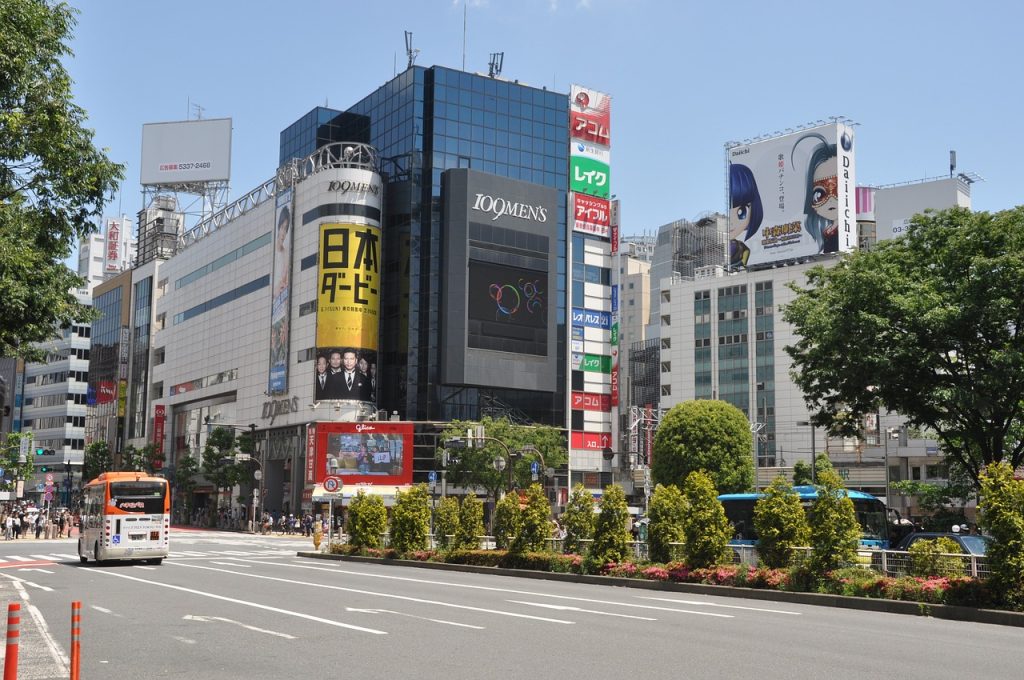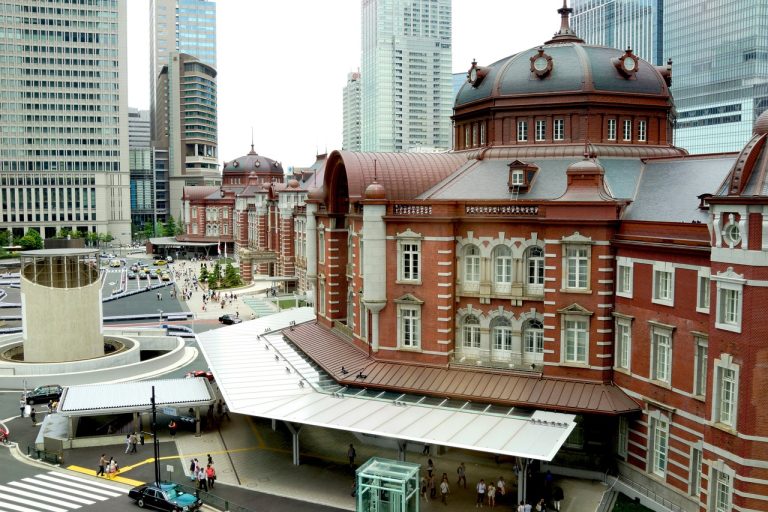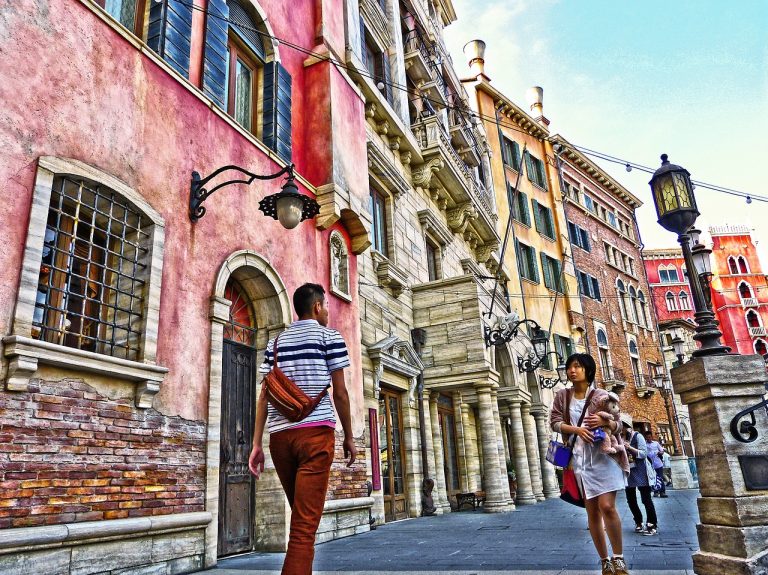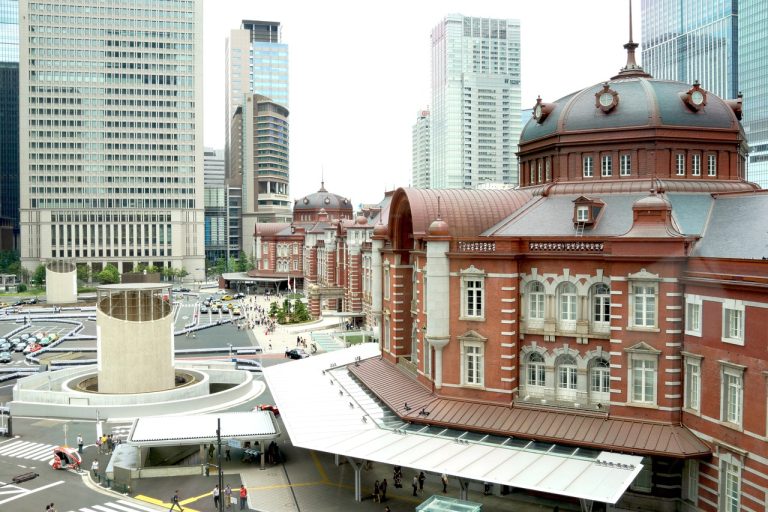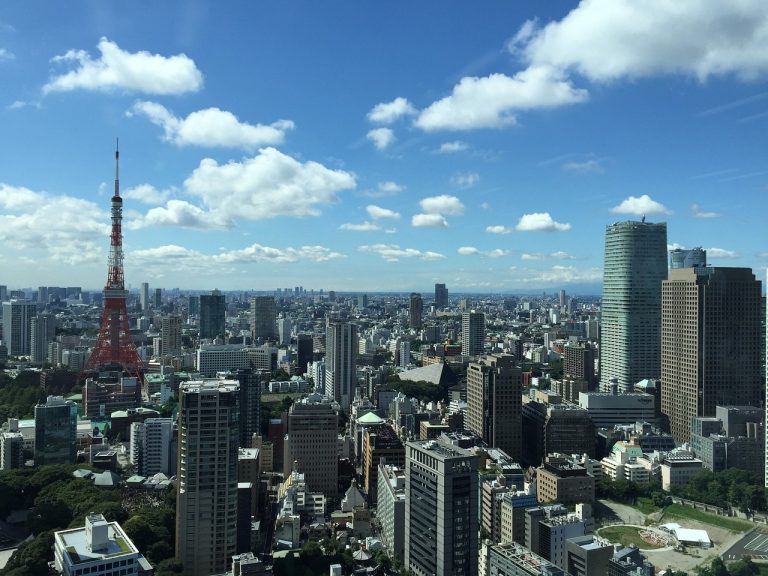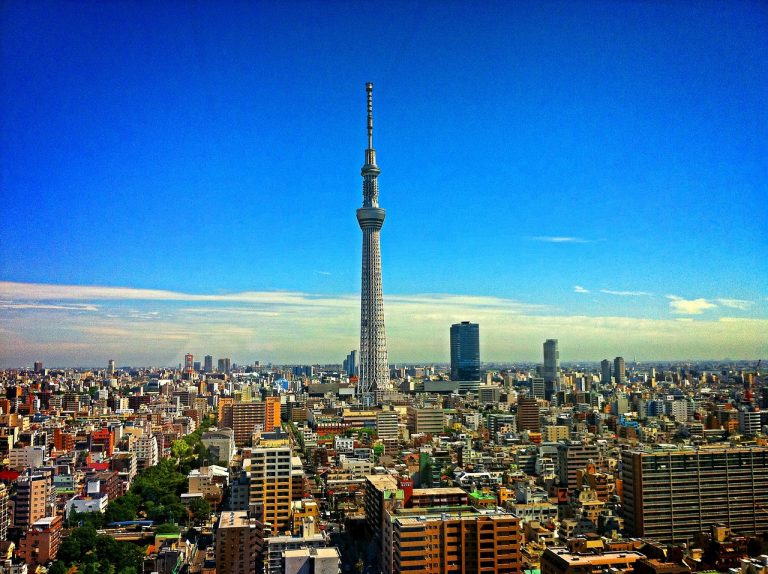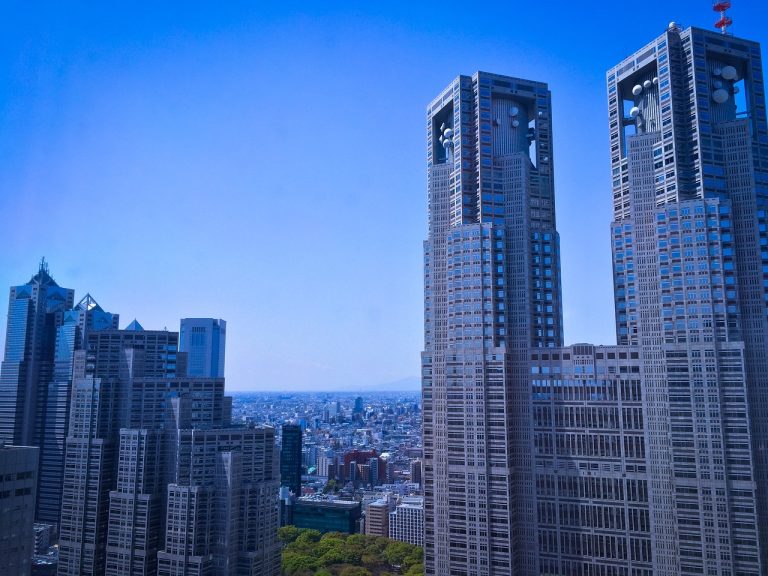Tokyo Japan Video
The Cultural Evolution of Tokyo Japan
Tokyo, the capital city of Japan, has undergone a remarkable cultural evolution over the years. From its humble beginnings as a small fishing village to becoming a bustling metropolis, Tokyo has seen significant changes that have shaped its unique cultural identity. This article explores the various aspects of Tokyo’s cultural evolution, from its historical landmarks to its modern innovations.
Tokyo’s Historical Landmarks
- Senso-ji Temple: One of Tokyo’s oldest and most significant Buddhist temples, Senso-ji is a popular tourist attraction. It features a majestic main gate called Kaminarimon and a bustling shopping street called Nakamise.
- Tokyo Imperial Palace: The primary residence of the Emperor of Japan, the Tokyo Imperial Palace is a symbol of the city’s rich history and imperial heritage. The palace complex includes beautiful gardens and historic buildings.
- Meiji Shrine: Dedicated to Emperor Meiji and Empress Shoken, Meiji Shrine is a tranquil oasis in the heart of Tokyo. Visitors can experience traditional Shinto rituals and explore the serene forest surrounding the shrine.
Keywords: Senso-ji Temple, Tokyo Imperial Palace, Meiji Shrine
Tokyo’s Modern Innovations
- Tokyo Skytree: Standing at 634 meters, Tokyo Skytree is one of the tallest towers in the world. It offers breathtaking panoramic views of the city and houses observation decks, restaurants, and a shopping complex.
- Akihabara: Known as the hub of Japan’s otaku culture, Akihabara is a vibrant district famous for its electronic stores, anime and manga shops, and themed cafes. It is a must-visit for enthusiasts of Japanese pop culture.
- Ginza: Renowned as Tokyo’s upscale shopping district, Ginza is home to luxurious department stores, designer boutiques, and high-end restaurants. It is a paradise for fashion lovers and those seeking a taste of luxury.
Keywords: Tokyo Skytree, Akihabara, Ginza
Tokyo’s Culinary Delights
- Sushi: Tokyo is renowned for its fresh and delectable sushi. From high-end sushi restaurants to humble sushi bars, visitors can indulge in a wide variety of sushi, including traditional nigiri, sashimi, and creative fusion rolls.
- Ramen: The ramen scene in Tokyo is unparalleled, with countless shops offering different styles and flavors of this beloved Japanese noodle dish. From rich and creamy tonkotsu ramen to tangy and spicy miso ramen, there is something for every palate.
- Yakitori: Tokyo’s izakayas (Japanese pubs) are the perfect place to savor yakitori, skewered and grilled chicken. These flavorful and juicy skewers are often paired with a refreshing glass of Japanese sake.
Keywords: Sushi, Ramen, Yakitori
Tokyo’s Cultural Festivals
- Cherry Blossom Festival: Every spring, Tokyo is adorned with beautiful cherry blossoms, and locals and tourists gather in parks to celebrate this natural spectacle. Ueno Park and Shinjuku Gyoen are popular spots for hanami (flower viewing) parties.
- Sumida River Fireworks Festival: Held annually in summer, this fireworks festival along the Sumida River attracts millions of spectators. The vibrant fireworks display illuminates the night sky, creating a mesmerizing spectacle.
- Shinjuku Kabukicho Festival: Celebrating the vibrant entertainment district of Shinjuku, this festival showcases traditional Japanese performing arts, including kabuki, music, and dance performances.
Keywords: Cherry Blossom Festival, Sumida River Fireworks Festival, Shinjuku Kabukicho Festival
Tokyo’s Art and Museums
- Tokyo National Museum: As the oldest and largest museum in Japan, the Tokyo National Museum houses an extensive collection of Japanese art, including ancient artifacts, traditional paintings, and ceramics.
- Mori Art Museum: Located in the Roppongi Hills complex, the Mori Art Museum exhibits contemporary art from both Japanese and international artists. It offers a unique perspective on the evolving art scene in Tokyo.
- TeamLab Borderless: This immersive digital art museum in Odaiba showcases interactive and mesmerizing artworks that transcend physical boundaries. Visitors can explore stunning digital installations and be part of the art.
Keywords: Tokyo National Museum, Mori Art Museum, TeamLab Borderless
Tokyo’s Fashion and Street Style
- Harajuku: Known worldwide for its unique street fashion and vibrant youth culture, Harajuku is a fashion mecca. Takeshita Street is a must-visit, offering an array of trendy clothing stores, accessory shops, and cute cafes.
- Shibuya Crossing: As one of the busiest intersections in the world, Shibuya Crossing is not only a transportation hub but also a center of fashion and youth culture. It is a great spot for people-watching and experiencing the energy of Tokyo.
- Omotesando: Often referred to as Tokyo’s Champs-Élysées, Omotesando is a tree-lined avenue lined with high-end fashion boutiques, flagship stores, and stylish cafes. It is a haven for fashion enthusiasts and luxury shoppers.
Keywords: Harajuku, Shibuya Crossing, Omotesando
Tokyo’s Parks and Gardens
- Yoyogi Park: Located near the Meiji Shrine, Yoyogi Park is a spacious green oasis in the heart of Tokyo. It is a popular spot for picnics, jogging, and various outdoor activities, and often hosts cultural events and festivals.
- Shinjuku Gyoen National Garden: This expansive garden offers a serene escape from the bustling city. It features different styles of gardens, including Japanese, English, and French, and is particularly stunning during cherry blossom season.
- Ueno Park: Ueno Park is not only home to the Tokyo National Museum but also boasts beautiful gardens, a zoo, and several cultural institutions. It is a favorite destination for locals and tourists alike.
Keywords: Yoyogi Park, Shinjuku Gyoen National Garden, Ueno Park
Tokyo’s Nightlife and Entertainment
- Roppongi: Known for its vibrant nightlife, Roppongi offers a wide range of bars, clubs, and entertainment venues. It is a popular destination for both locals and international visitors seeking a lively and diverse nightlife experience.
- Golden Gai: Tucked away in the Shinjuku district, Golden Gai is a maze of narrow alleyways lined with tiny bars and pubs. It is a unique and atmospheric place to enjoy a drink and experience Tokyo’s underground nightlife scene.
- Kabuki-za Theater: For a traditional Japanese theater experience, Kabuki-za in Ginza is the place to go. Kabuki performances, with their elaborate costumes and dramatic storytelling, offer a glimpse into Japan’s rich theatrical heritage.
Keywords: Roppongi, Golden Gai, Kabuki-za Theater
Tokyo’s Technological Advancements
- Akihabara Electronics Town: Akihabara is not only a haven for anime and manga enthusiasts but also a paradise for tech lovers. Its numerous electronics stores offer the latest gadgets, computer components, and gaming consoles.
- Robot Restaurant: Located in Shinjuku, the Robot Restaurant is a unique dining and entertainment experience. Spectacular robot performances, neon lights, and a futuristic atmosphere make it a must-visit for those intrigued by Tokyo’s technological innovations.
- TeamLab Planets: Another digital art museum by TeamLab, TeamLab Planets in Toyosu showcases immersive and interactive installations that explore the relationship between humans and nature through technology.
Keywords: Akihabara Electronics Town, Robot Restaurant, TeamLab Planets
Tokyo Japan Image 1:
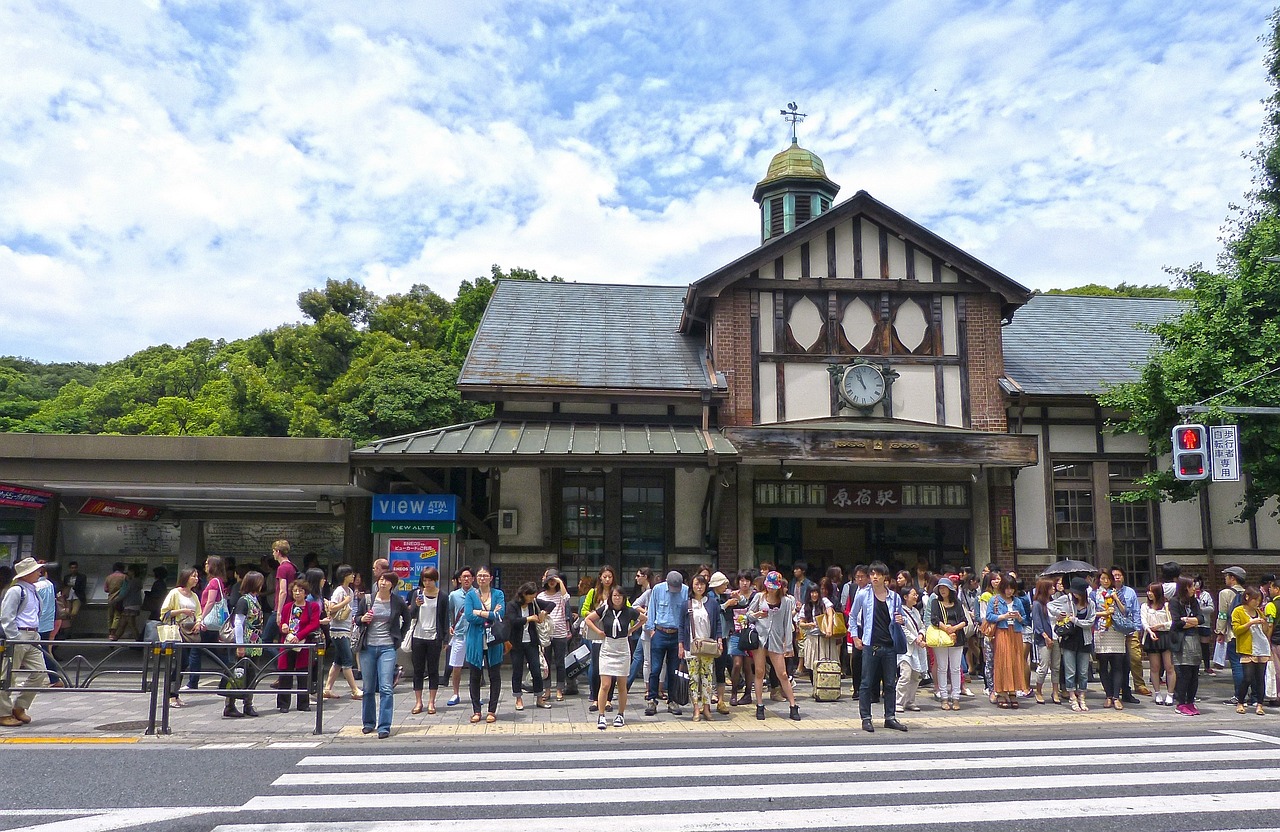
Tokyo’s Unique Neighborhoods
- Asakusa: With its traditional atmosphere and historic landmarks, Asakusa is a popular destination for tourists. The iconic Kaminarimon gate and the lively Asakusa Nakamise shopping street are highlights of this charming neighborhood.
- Shinjuku: Known for its skyscrapers, bustling streets, and vibrant nightlife, Shinjuku is a major commercial and entertainment hub. It offers a wide range of shopping, dining, and entertainment options.
- Shibuya: Famous for its iconic pedestrian crossing and trendy fashion scene, Shibuya is a youthful and energetic neighborhood. It is home to numerous department stores, boutiques, and entertainment venues.
Keywords: Asakusa, Shinjuku, Shibuya
Tokyo Japan Image 2:
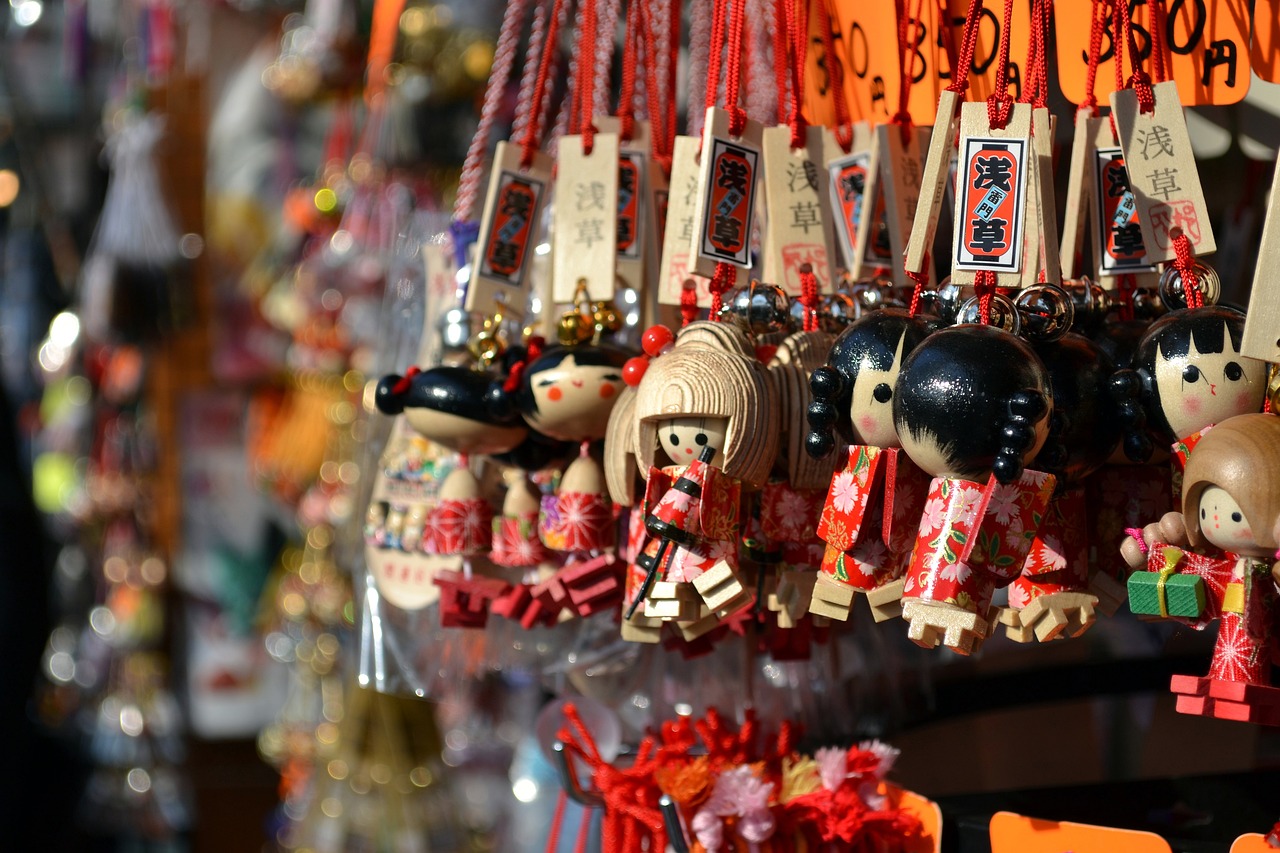
Tokyo’s Transportation System
- Tokyo Metro: Tokyo’s subway network is extensive and efficient, making it easy to navigate the city. With multiple lines and stations, it provides convenient access to various attractions and neighborhoods.
- JR Yamanote Line: The Yamanote Line is a circular railway line that connects major neighborhoods and tourist spots in Tokyo. It is a popular way to travel around the city, offering a glimpse of Tokyo’s diverse districts.
- Tokyo Taxis: Taxis are readily available in Tokyo and provide a convenient mode of transportation, especially for short distances or late-night travel. They offer a comfortable and reliable option for getting around the city.
Keywords: Tokyo Metro, JR Yamanote Line, Tokyo Taxis
Tokyo’s Modern Architecture
- Tokyo Station: Designed in a blend of Western and Japanese architectural styles, Tokyo Station is an iconic landmark. Its red-brick facade and grand interiors reflect the city’s historical and cultural significance.
- Tokyo Skytree: Apart from its height, Tokyo Skytree’s unique design combines traditional Japanese aesthetics with modern technology. Its sleek and futuristic appearance has become synonymous with Tokyo’s skyline.
- Mode Gakuen Cocoon Tower: This striking building in Shinjuku stands out with its cocoon-like structure. As an architectural marvel, it symbolizes Tokyo’s innovative and ever-evolving urban landscape.
Keywords: Tokyo Station, Tokyo Skytree, Mode Gakuen Cocoon Tower
Tokyo Japan Image 3:
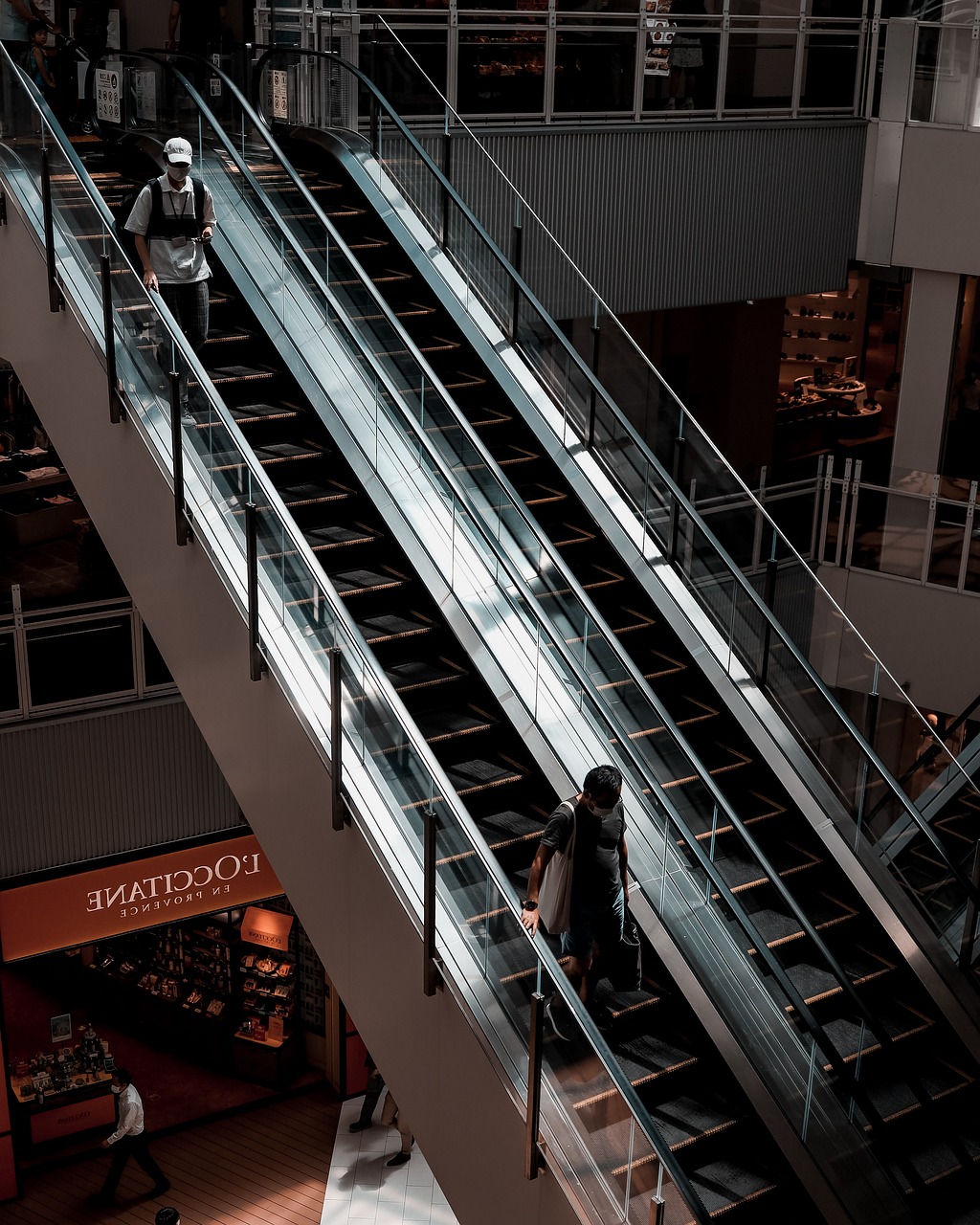
Tokyo’s Cultural Diversity
- International Cuisine: Tokyo’s culinary scene is not limited to Japanese cuisine. The city boasts a wide range of international restaurants, offering flavors from around the world, including Italian, French, Indian, and more.
- International Communities: Tokyo is a melting pot of cultures, with a significant expatriate community. Areas like Roppongi and Azabu-Juban are home to embassies, international schools, and a diverse range of international residents.
- Cultural Festivals: Tokyo hosts various cultural festivals throughout the year, celebrating the traditions and customs of different countries. These festivals offer a chance to experience the vibrant cultures from around the world.
Keywords: International Cuisine, International Communities, Cultural Festivals
Conclusion
Tokyo’s cultural evolution is a testament to its dynamic spirit and constant reinvention. From its historical landmarks to its modern innovations, culinary delights, festivals, art, fashion, and technological advancements, Tokyo offers a diverse and captivating cultural experience. Its unique blend of tradition and modernity makes it a truly remarkable city that continues to inspire and fascinate visitors from around the globe.
References
- tokyocheapo.com
- timeout.com
- japan-guide.com

